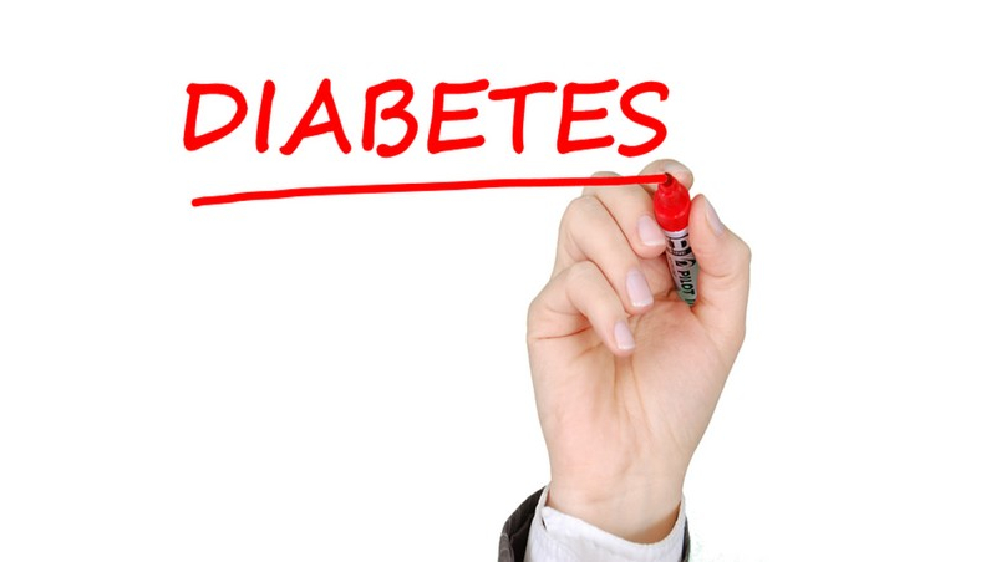Cause of autoimmunity in patients with type 1 diabetes: Study
In a new study, researchers present a testable hypothesis to explain the initiation of autoimmunity. If validated, this would allow early detection and possible prevention of T1D in susceptible individuals.

WASHINGTON: Type 1 diabetes (T1D) is an autoimmune disease in which the pancreas makes little or no insulin. The details of the events that occur during autoimmune destruction of the pancreatic beta-cells have been studied extensively yet the mystery of what causes autoimmunity is unknown.
In a new study, researchers present a testable hypothesis to explain the initiation of autoimmunity. If validated, this would allow early detection and possible prevention of T1D in susceptible individuals.
"Previous studies have focused on the triggers, genes and proteins that differentiate individuals with T1D from those without diabetes with a focus on the b-cell (b-cells create antibodies) as a target of immune destruction and blood glucose as the main abnormality.
Our focus is on metabolic communication as an early instigator with the b-cell as an active participant together with the immune cells," explains corresponding author Barbara Corkey, PhD, professor emeritus of medicine and biochemistry at BUSM.
According to Corkey, her research led her to generate the testable hypothesis that the induction of autoimmunity is a consequence of one or more major inflammatory events in individuals with susceptible human leukocyte antigens (molecule found on the surface of most cells in the body that play an important part in the body's immune response to foreign substances) phenotypes plus elevated sensitivity to cytokines (substances secreted by certain cells of the immune system) and free fatty acids (FFA).
"Illnesses or environmental agents that dramatically increase cytokine production and/or elevate FFA initiate autoimmune destruction in individuals with specific genetic features.
Thus, early prevention should be aimed at decreasing elevated lipids and diminishing excessive simultaneous elevation of cytokines or cytokine- and lipid-induced immune cell proliferation," she adds.
Corkey believes that the characteristics that make individuals susceptible to autoimmune destruction could also apply to other autoimmune diseases such as toxic shock syndrome and possibly long COVID. These findings appear online in the journal Diabetes.
Visit news.dtnext.in to explore our interactive epaper!
Download the DT Next app for more exciting features!
Click here for iOS
Click here for Android



